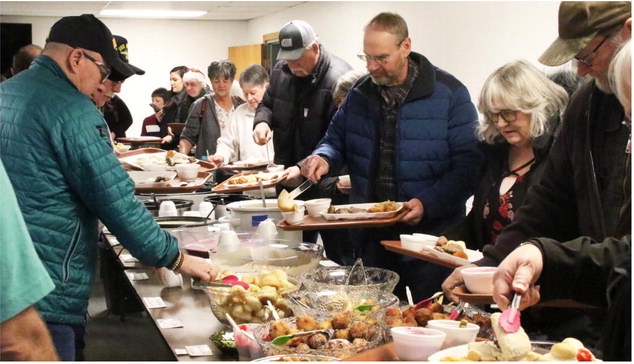Alcohol Industry Rallies In Support Of Curbside Pickup
Curbside pickup and delivery of alcohol could soon be legal if lawmakers approve two bills heard on Friday, March 12, in the Senate Business, Labor and Economic Affairs Committee. Last year, former Gov. Steve Bullock made an exemption that allowed alcohol to be served curbside. House Bill 226 seeks to make that exemption permanent.
Rep. Katie Zolnikov, R-Billings, sponsored the bill, and told the committee it was partly inspired by conversations she had with a Billings’ bar owner who said Bullock’s removal of curbside pickup restrictions during the height of the COVID-19 pandemic made it easier for them to stay afloat. The bill passed the House last month on an 80-19 vote.
“It’s my personal belief that if this can work during a global pandemic, that it can work all the time,” Zolnikov said.
The bill also updates the definition of “growler” to include so-called “crowlers,” which are large, single-use cans of beer. Roth Jordan, who co-owns Montana Ale Works in Bozeman, spoke in support of the bill and said the clarification allows restaurants and taverns to operate crowler canning machines, which he said provided a sanitary solution to filling beer orders during the pandemic. Growlers, which must be brought back to the business to be refilled, did not meet sanitation guidelines.
“This bill is really important to us,” Jordan said. “It might not seem like a big thing, but it’s going to make a big difference in our industry going forward.”
Other supporters from the alcohol industry, including the Montana Beer and Wine Distributors Association and the Montana Tavern Association, said the change would help them stay profitable, even in non-pandemic times. HB 226 drew no opposition in the hearing.
The committee also heard testimony on a new bill that would legalize beer and wine delivery. Sen. Ellie Boldman, D-Missoula, sponsored Senate Bill 320, and described it as “dovetailing” off Zolnikov’s bill. Boldman said SB 320 was originally intended to be part of HB 226, but became a separate measure because it provides only for the delivery of beer and wine, not liquor or mixed drinks.
“Folks like to have less government and more of an ability just to partner with private industry to get products that they need,” Boldman said.

